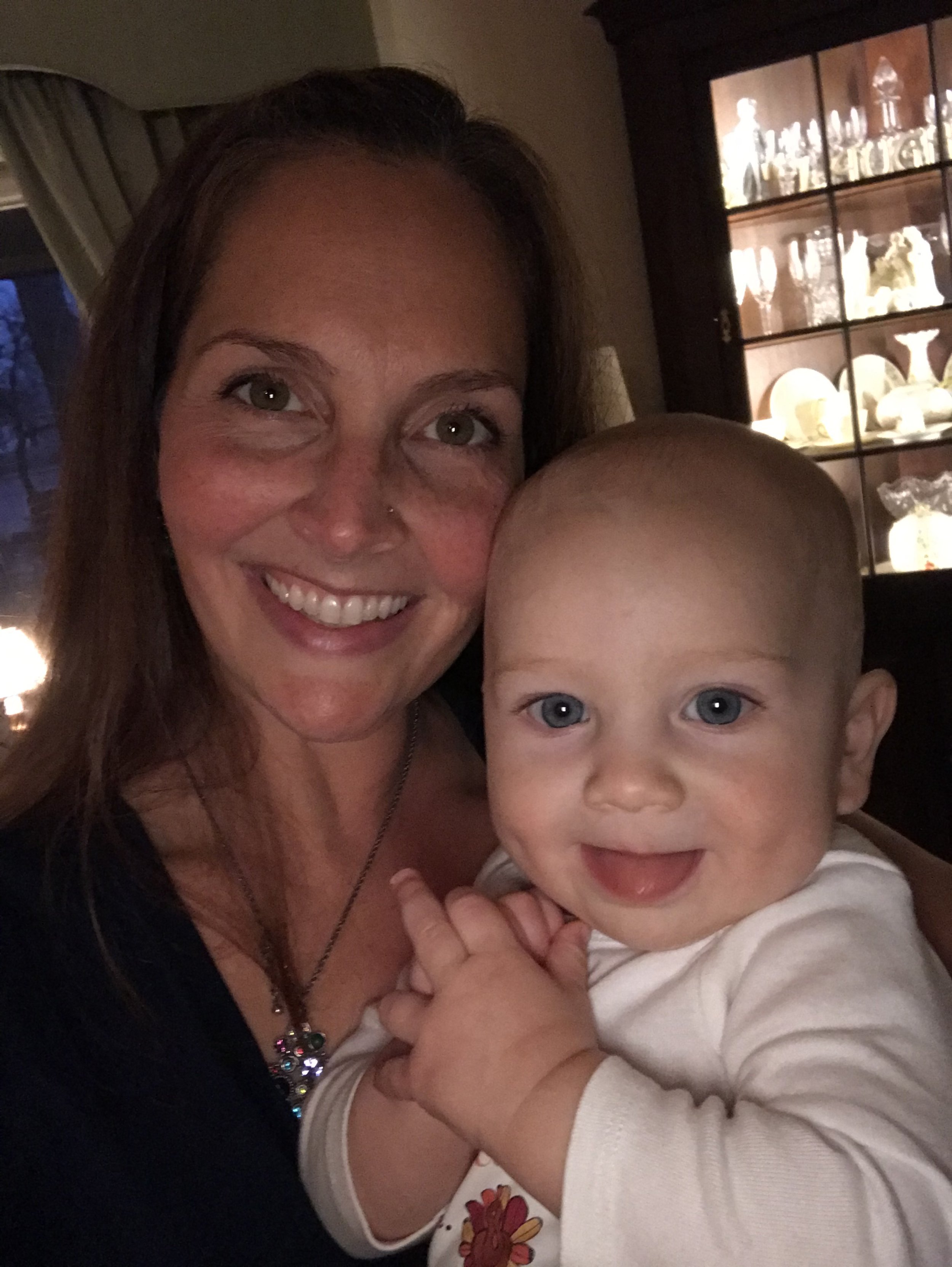Like so many others, I went into my first pregnancy knowing very little about childbirth and the care that people receive in pregnancy, labor, and post-partum. I assumed, as most do, that my providers had my best interests in mind and that their expertise would guide me through my birth experience. It was not until my 36th week of pregnancy that I really began to acknowledge the red flags I saw in my care along the way—flags that pointed to this practice not being an ideal fit for me, that the care provided was more of a “one-size-fits-all” approach, and that I was up against a great deal of pressure to consent to interventions and scheduling a birth around their needs as opposed to what was best for my situation and my baby. In this way, I was introduced to a landscape that was difficult to navigate and seemed unfair and insensitive to birthing families.
Six years and two more pregnancies later, after having an unmedicated VBA2C supported by a doula, a midwife, and my husband, I started my certification process through DONA to become a birth doula. By this time, I experienced what it was to have mediocre care, and conversely, how life-changing it was to have consistent, positive supportive throughout pregnancy, labor and birth.
A friend of mine recently described childbirth as a “mystical experience.” I love that description because it truly IS a mystical experience—it is challenging, it draws on an inner strength that you never knew you had, and it begins transforming you into the person you were always meant to be. Birth is a pivotal moment in the life of a family, and it deserves to be honored as such.
I am extremely grateful to the families that allow me the privilege of supporting them through such a vulnerable and transformational time. It truly is an honor to hold space for them, support them, and be present to affirm the knowledge and strength that they already have within them.


